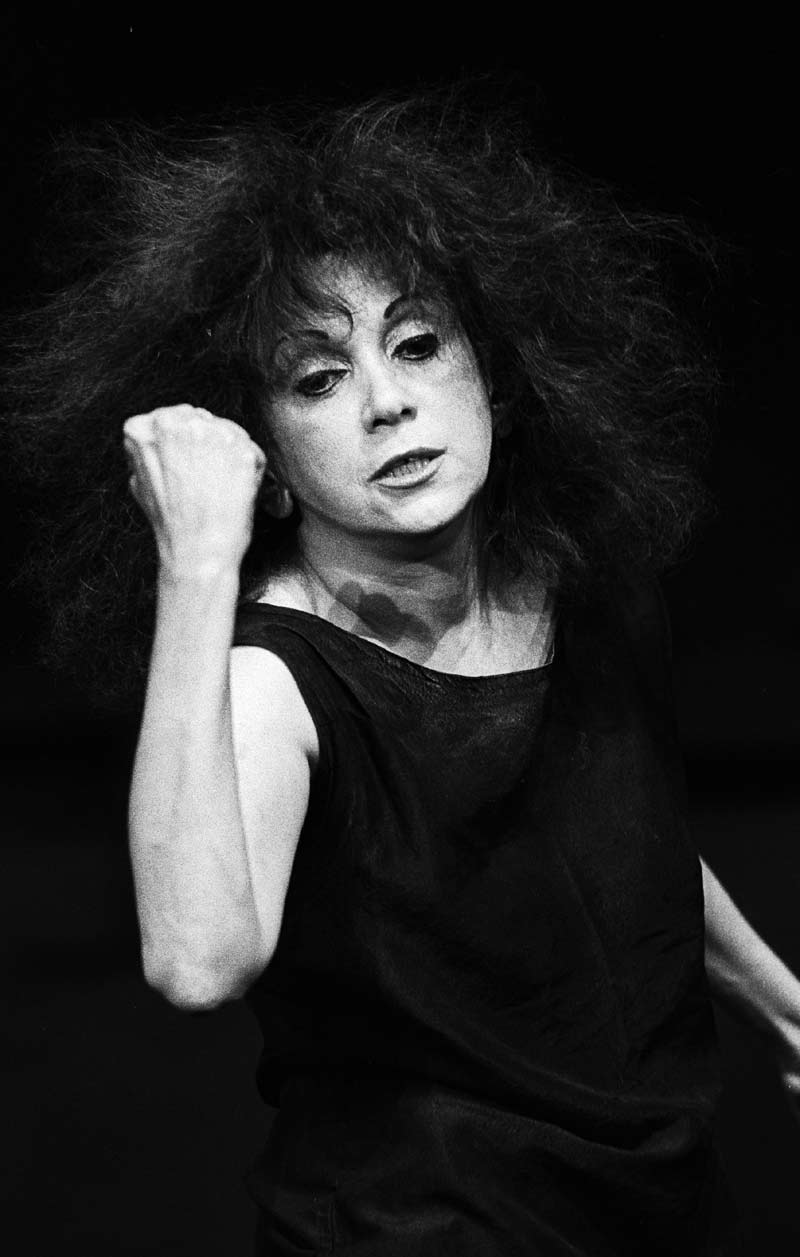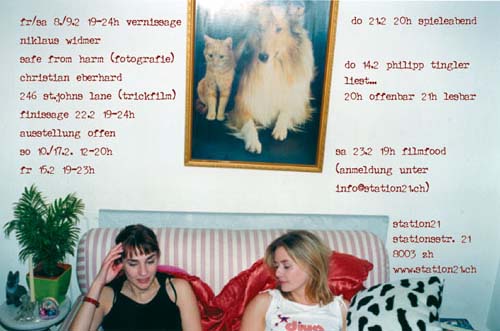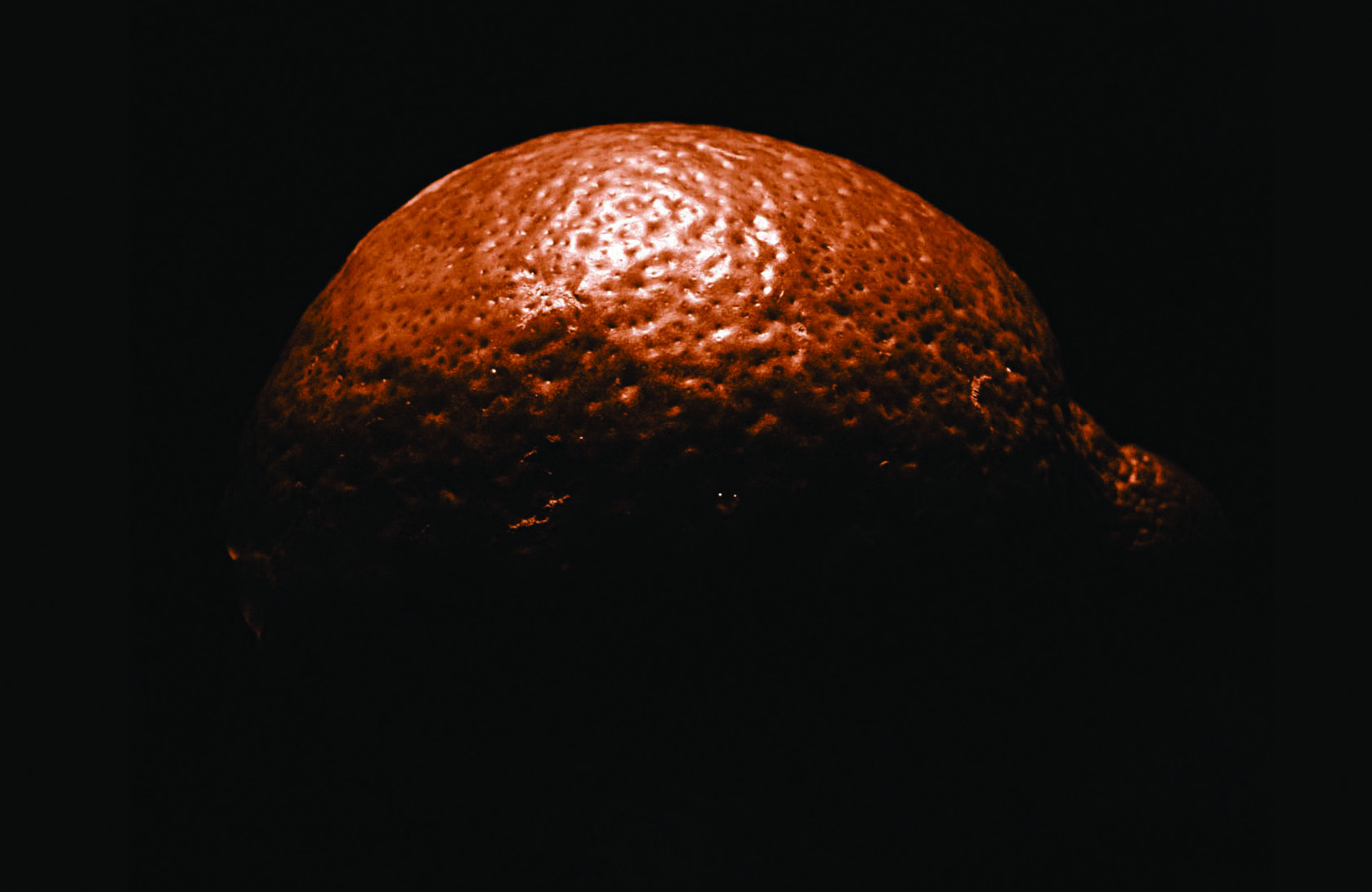«The Immortal Judith Malina» ist mit 88 Jahren am 10. April 2015 verstorben, die Mitbegründerin der legendären Theatergruppe THE LIVING THEATRE, dem «ältesten freiesten Theater der Welt» – just am Tag der Eröffnung der aktuellen Ausstellung «paradise now 2.0».
Personifying the 1960s countercultural challenge to traditionalism, self-proclaimed anarchist and pacifist Judith Malina once likened herself to a biblical prophet, railing at but never dissociating herself from her people. Founder, with Julian Beck, of the experimental Living Theatre, she aimed at dissolving the separation between actor and character, cast and audience, art and politics.
( The Jewish Women’s Archive: http://jwa.org/encyclopedia/article/malina-judith)
Als 1926 geborene Tochter eines Kieler Rabbiners kam sie bereits vor Anbruch der Naziherrschaft als Auswandererkind in die USA. Ab 1946 hat die junge Schauspielschülerin den legendären New Yorker Theatre Workshop des deutschen Emigranten Erwin Piscator besucht, und Judith Malina war schnell entflammt für die politische und poetische Aufbruchzeit im deutschen, im europäischen Theater vor 1933. Bei Piscator lernte sie auch ihren Mann und Partner Julian Beck kennen – beide gründeten 1951 das später weltberühmte Living Theatre.
(Berliner Zeitung: http://www.berliner-zeitung.de/kultur/zum-tode-von-judith-malina-paradies–jetzt,10809150,30407898.html)
Soon after, along with Julian Beck, she founded the Living Theatre and she kept it going for nearly 70 years, working right up to her death at 88 on Friday. Under her guidance (Beck died in 1985; Malina’s later partner and co-artistic director, Hanon Reznikov, in 2008) the Living created a body of work well worthy of the immortality she dreamed of in her youth. What’s more, Judith gave the world, in her very being, a model of the revolutionary future she worked for. She was absolute about her principles as a pacifist anarchist, yet never dismissive or judgmental toward those who didn’t share them. Her commitment to nonviolence was that thorough. Most amazingly for a life-long leftist, she had no cynicism. She exuded love, even joy, when she spoke—her voice strong even as she aged, her eyes always smiling—the actor’s pleasure of the spotlight combined with her utter conviction in what she had to say. On many occasions, I saw her speak to students about the role and power of theater—and about making an engaged life, rather than a career, in the theater—with such sincerity, delight, and openness, that if she’d hollered, “Okay, let’s go!” every one of them would have followed her right to the barricades. If you sat near her, she’d take your hand in her tiny one and grip it for emphasis with Herculean force.
Judith liked to boast that she’d been arrested for civil disobedience in 12 different countries. (The Living performed all over the world, and from the beginning—before ‘diversity’ became a buzzword—the company was international, multiracial, radically queer.) She made no apology for insisting on “the beautiful nonviolent anarchist revolution” nor for the seeming simplicity of slogans the Living sometimes declaimed from the stage and on the streets: Stop the Wars. Open the Jails. Abolish Money. Scorn her as a “utopian,” and Judith would shrug her narrow shoulders, shoot you a wry smile and ask: “What else could I be?”
(The Nation: http://www.thenation.com/article/204081/immortal-judith-malina-1926-2015)
http://www.faz.net/aktuell/feuilleton/buehne-und-konzert/theater-des-friedens-zum-tod-der-schauspielerin-und-regisseurin-judith-malina-13534269.html
http://www.deutschlandradiokultur.de/judith-malina-die-gruenderin-des-living-theatre-ist-tot.1013.de.html?dram:article_id=316804






